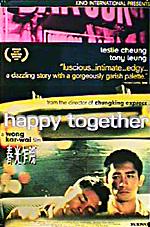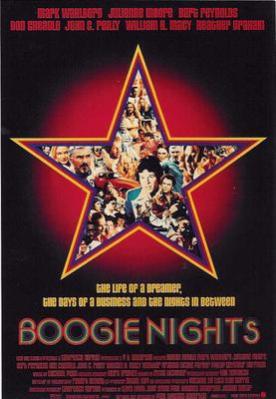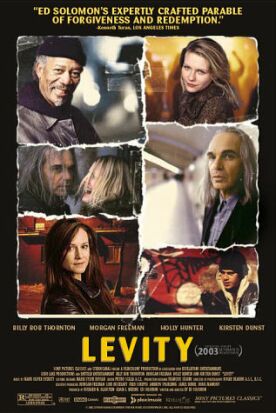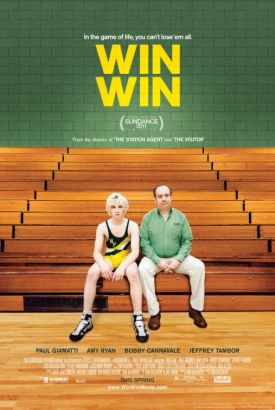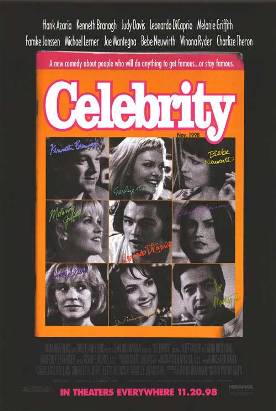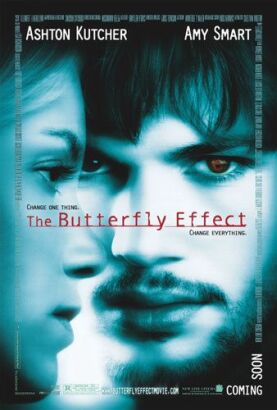Happy Together
Happy Together, directed by the Hong Kong director Wong Kar-wai
(Days of Being Wild, Chung-king Express), tells the story of two
Chinese youths (Leslie Cheung and Tony Leung Chiu-wai) living in Argentina. Fai
(Mr Leung) and Ho Po Wing (Mr Cheung) are on-again, off-again lovers, the former
sober and hard working, the latter a wild boy and rather a “little slut” (as Fai
calls him) who is always getting in fights or trouble of some kind. They travel
together; they split up; they live together, fight and they split up; they get
back together, fight some more, then split up for good. The title, you will
gather is ironic. Or perhaps it refers to Fai’s relationship with the other boy
who consoles him for Po Wing’s loss, another Chinese called Chang (Chang Chen)
who seems to be straight, but becomes a true friend to Fai and offers to take
Fai’s sadness with him to the end of the world. He hands him a tape recorder
which Fai sobs into, and Chang takes it with him to the lighthouse at the
southern tip of Patagonia.
Chang is Taiwanese and about to return home, where his parents run a noodle
shop in the night market of Taipei. Fai, too, after realizing his own dream to
see the falls at Iguaszu, decides to return to Hong Kong. He stops at Taipei on
the trip home—where he must face a painful interview with his estranged
father—and has some noodles at Chang’s parents’ stall. He even steals one of
the photos that Chang has sent home. In the voiceover narration which punctuates
the film’s quirky succession of images, Fai tells us that he knows he may never
see Chang again, but he will always know where to find him. It is a finally
touching tribute to home in a movie about leaving home behind, but it comes too
late to pull together all the miscellaneous crazy stuff that has gone
before.
It should tell you something that Mr Wong won “Best Director” at Cannes
earlier this year. This is not a bad picture, but there’s not a lot more to it
than a road movie which exploits the unexpectedness of gay Chinamen in Argentina
(the ironic romantic background is Astor Piazzola’s tango music). It doesn’t
unduly emphasize either the gayness or the Argentinian setting, and both Mr
Leung and Mr Cheung turn in fine performances. But if its sad tale were about a
straight couple, it would have been thought pretty routine.
Discover more from James Bowman
Subscribe to get the latest posts to your email.

